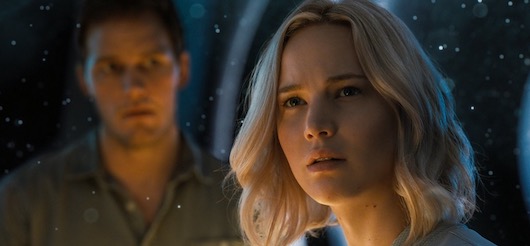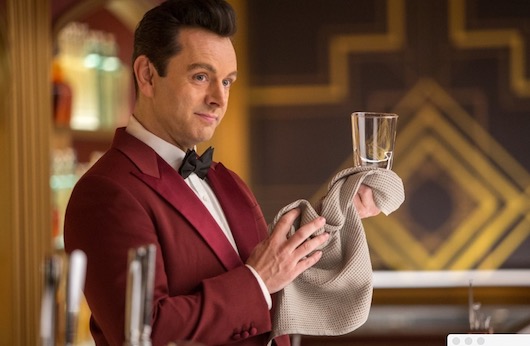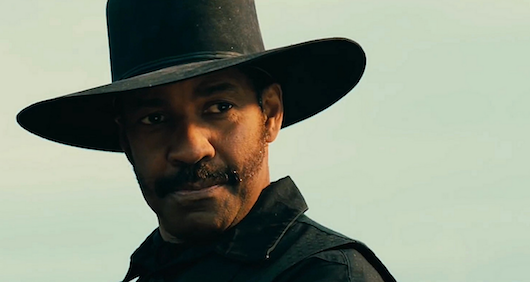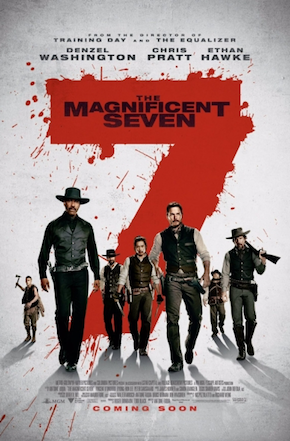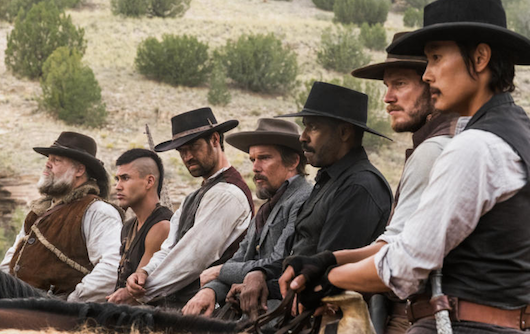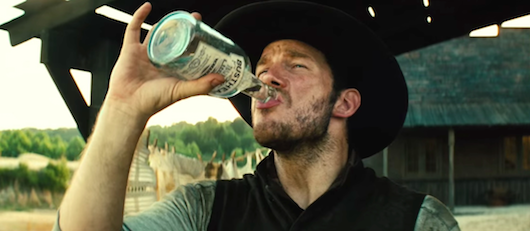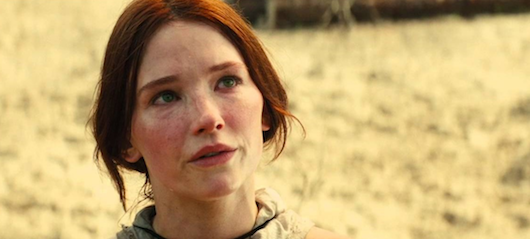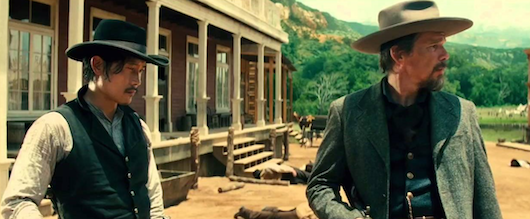 FILM
FILM In Which We Stand Against The Music Of Time
 Tuesday, June 6, 2017 at 1:53PM
Tuesday, June 6, 2017 at 1:53PM 
Another Country
by ETHAN PETERSON
Guardians of the Galaxy Vol. 2
dir. James Gunn
136 minutes
 Kurt Russell's first scene in Guardians of the Galaxy Vol. 2 is this creepy flashback of him and his young girlfriend where the camera barely glimpses his face. Since he is supposed to be twenty years old during these scenes, and is in all actuality a ripe 66, director James Gunn papers over his face with some hot CGI. The fact that he did not all have the courtesy to do this for Sylvester Stallone as well seems deliberately mean and perhaps even anti-Italian.
Kurt Russell's first scene in Guardians of the Galaxy Vol. 2 is this creepy flashback of him and his young girlfriend where the camera barely glimpses his face. Since he is supposed to be twenty years old during these scenes, and is in all actuality a ripe 66, director James Gunn papers over his face with some hot CGI. The fact that he did not all have the courtesy to do this for Sylvester Stallone as well seems deliberately mean and perhaps even anti-Italian.
Stallone portrays a ship captain named Stakar. He is absolutely tiny, like morsel-sized, and he only really has one scene. Unfortunately, I was unable to recognize a single word he slurred in any of his dialogue, so this review will remain incomplete until the movie comes out on Blu-Ray or Gunn updates the special effects for a theatrical rerelease forty years from now when they seem vague and corny. Right now they seem vibrant and fun, but as we know, time turns everything into molten shit.

The plot of Guardians of the Galaxy Vol. 2 concerns Russell finding his son Peter Quill (Chris Pratt), and taking him to the planet he has created, called Ego. As a result, Star spends the entire movie completely gullible in his Papa's thrall and never really goes anywhere. Pratt is deemphasized in favor of the real protagonist, Rocket (Bradley Cooper) a CGI animal, who is briefly imprisoned before attempting a rescue mission. Rocket's internal dilemma is that he has the sense he may be nothing but a little asshole.
It is sort of sad to see Gunn hamstrung with the general shittiness of this cast and material. He is a bravura director, whose swirling, colorful style for these films is extremely sophisticated, and should fit the diaphonous galaxies on display. The art direction in Guardians of the Galaxy Vol 2. ranges from awe-inspiring to dogshit, and the general atmosphere of the planet Ego comes across as a bit too familiar. Gunn papers over this lack of visual depth with stunning movement and accomplished cinematography.

Pratt looks absolutely huge physically, and he should have a lot to bite into on an emotional level with his father as the antagonist. This is the most disappointing of his recent roles from that perspective. Harrison Ford was never great at communicating sorrow or indecision either, but his directors and writers knew how to give him purposeful, active characters that played to his abilities. When Pratt is in motion, he is like a high-speed train, but stalled his considerable bulk is too close to the impact of his larger colleague, Drax (Dave Bautista).

Guardians of the Galaxy Vol. 2 is ostensibly a comedy, and the film is at its most amusing when the various members of the starfaring team are playing off one another. Unfortunately Gunn decides to split them up for most of the film, and the resulting pairings do not work so well. The flirting between Quill and Gamora (Zoe Saldana) is given a higher priority than the latter's more interesting plotline with her sister Nebula (the preternaturally talented Karen Gillian). Gamora never asks Quill for advice or details the vagaries of her situation, which is a lot more complex than anything her boyfriend is going through.

Instead of analyzing these deeper issues, Guardians of the Galaxy Vol. 2 spends way too much time having the characters laugh at each other's jokes. It starts to become seriously forced around the time a space pirate named Taserface has his name mocked for ten straight minutes. It is a very strange bit that reeks of body-shaming, and it would have made a nice DVD extra if it weren't for the fact that Rocket is not given anyone else to crack on.
This is a minor quibble, however, when the film's completely awful soundtrack manages to ruin most of the extended action sequences. Through careful analysis, I can inform you that outside of a single song by Fleetwood Mac, every single piece of music used in Guardians of the Galaxy Vol. 2 is an unending horror on the ears. I understand that this gimmick was meant to offer something to spice up the lack of cohesion in the original film, but transplanting it to another feature-length audio mess was easily the worst decision Gunn made on this project.
Ethan Peterson is the reviews editor of This Recording.































